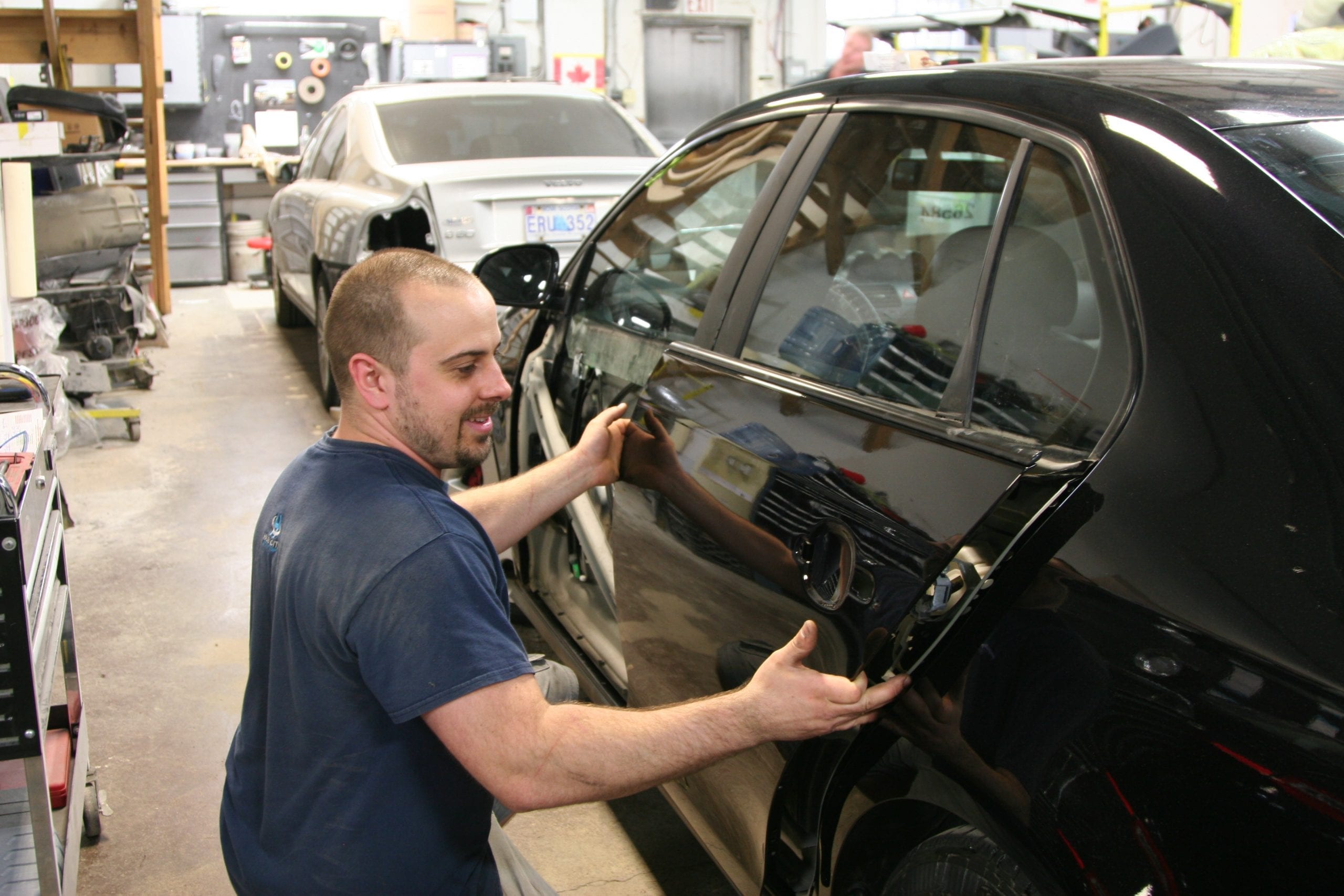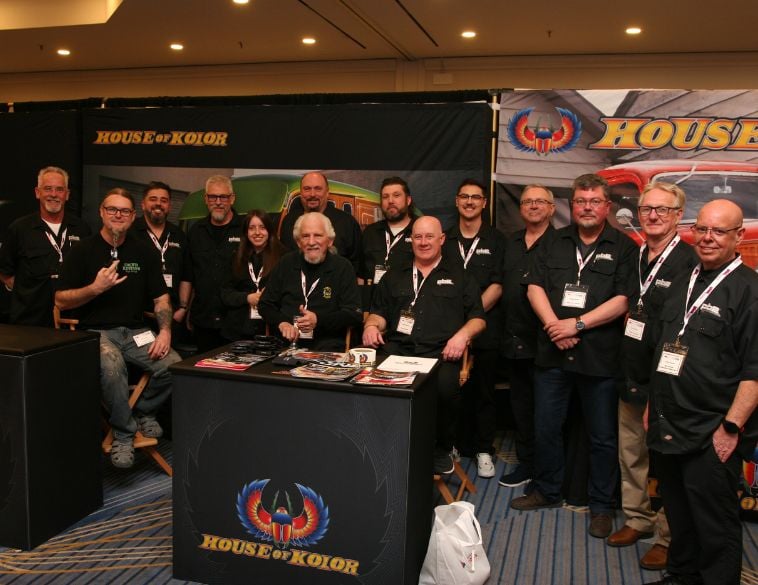Programs like CCIAP provide an opportunity to raise the bar for the entire collision repair industry.
From a collision industry perspective, the ongoing COVID-19 pandemic has given many repairers the opportunity to take a good look at their business and reevaluate their strategy.
In many cases, we’ve seen miles-driven plummet, which has led to fewer claims and significantly fewer repairs. Yet this situation has presented us with an unprecedented opportunity to invest in our businesses including certification and technician training.
We’ve seen a plethora of OEM certification programs introduced over the last several years and this, along with rapidly advancing vehicle technology has added significant cost and complexity to the collision repair process, requiring the investment in specific tools and training practices.
No minimum standard
And as of yet, despite this, there is still no minimum, brand-agnostic repair standard across the province of Ontario. At AIA Canada, we have been working with the Ontario government, which is committed to addressing core issues related to the automotive sector.
From our perspective as an industry association, the consultation activity with the government has focused on a minimal set of standards for collision repairers in Ontario and a mandatory accreditation process to ensure they are equipped with the right tools and training to safely and correctly repair today’s vehicles.

Consumer confidence is critical to ensuring the success of the collision repair process at each and every level, whether it’s the repair facility itself, or other key stakeholders including insurers, vendors, OEMs, consumers and government.
There is a consensus that when it comes to the repair process, all of us are essentially on the same page but within that, there are still differing opinions on how it should be achieved.
By agreeing on a minimal threshold of repair standards that are brand agnostic and working with the government to achieve this, the result will be greater accountability for the collision repair industry, higher quality repairs, safer vehicles, and stronger consumer confidence.
Committed to the future
We have already seen that those collision centres which have made investments in the CCIAP program are those that are committed to the future of themselves and the industry. They understand that investing in your future requires a commitment to training, tools and processes.
And while the current pandemic climate has made it more challenging to audit these actions, the ability to actually show, through a program like the Canadian Collision Industry Accreditation Program (CCIAP) that a shop not only says it has made these investments but provides verified proof of them demonstrates its commitment to a higher standard of operation which can only serve to elevate the industry overall.
One of the fundamental components of CCIAP is I-CAR Gold Class certification and for many of us, current circumstances mean there has never been a better time to double-down on technician training and with many of the programs available online, facilitation has arguably never been easier.
Take action now
There will come a time when the pandemic will end, which is why we encourage shops to take advantage of the government support programs currently available to allocate resources toward training and equipment right now.
By taking action during times like these and preparing ourselves for the future through investment in equipment, training and processes, not only does it give individual collision centres the chance to thrive in the future, but the industry as a whole.
JF Champagne is the President of AIA Canada, a national association committed to serving the interests of the automotive aftermarket and collision repairers across Canada.



